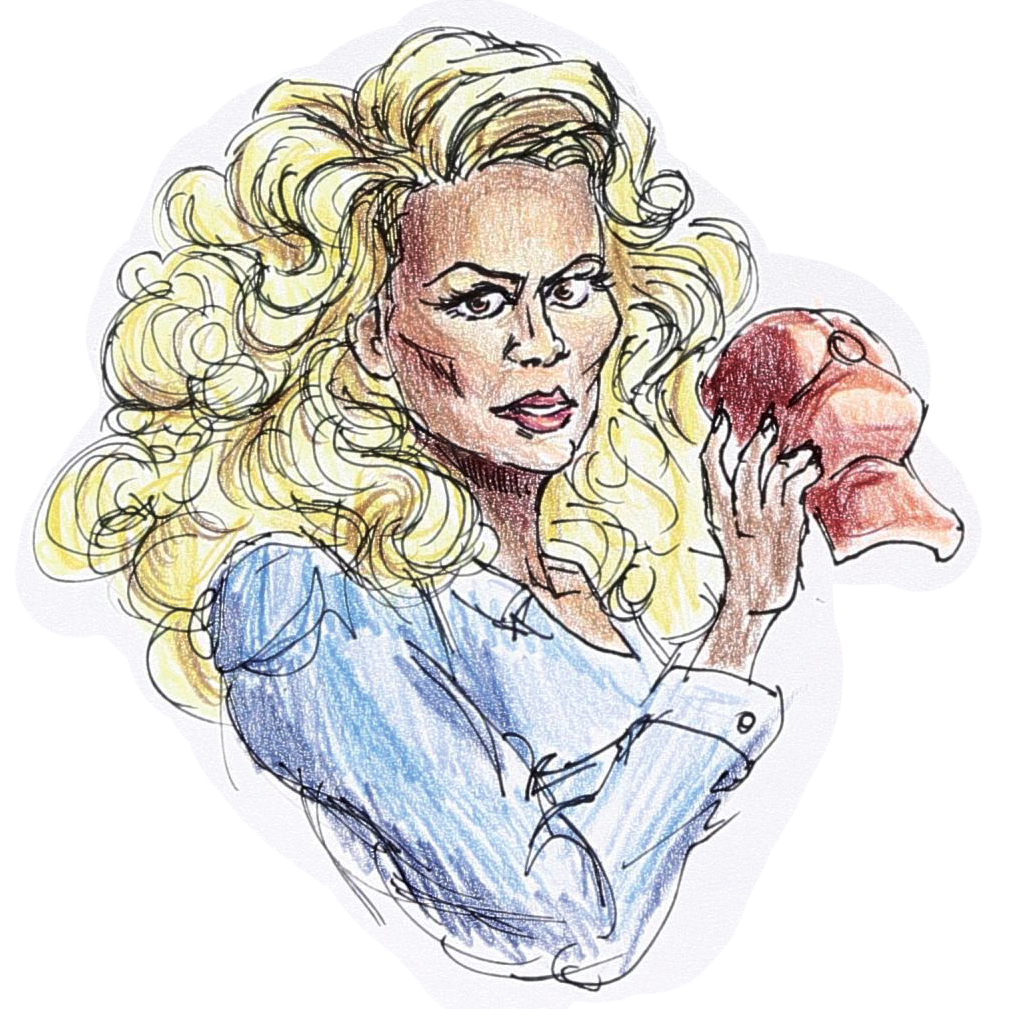by Jake Carmin
Colorado Mesa University contributes over $447.5 million to the regional economy annually, according to a report released by the university on Tuesday. In addition, the report estimates that CMU is responsible for 826 non-university jobs, as well as $1.8 million worth of volunteer services from students, faculty and staff.
Though the direct impact on the region by students, employees, visitors and the institution itself totals $248.6 million, conservative estimates hold that each dollar introduced into the economy is likely re-spent an average of 1.8 times. As a result, the university claims credit for the ‘trickle’ of these dollars into housing and local businesses, while subtracting savings, taxes and dollars that leave the Western Slope.
The university’s consideration of a ‘ripple’ effect is not unprecedented. However, its calculations are reasonably conservative in comparison to other institutions; the University of Oregon assumes that each dollar is spent at least twice, while the University of Arizona considers 3.5 an appropriate multiplier.
Though proud of CMU’s contribution, President Tim Foster considers students to be the institution’s most vital contribution to the economy.
“Educated people are really our impact,” Foster said. “The students we produce, who are also voters, are essential to a liberal democratic society.”
Foster also noted that CMU alumni are bolstering local businesses.
“I’ve heard from plenty of employers in the Grand Valley who prefer our graduates to those from larger and more well-known universities,” Foster said.
Local companies Prostar, a software company, and Kaart Group, which creates electronic navigation tools, were started by CMU alumni Page Tucker and Aaron Young, respectively.
Kristi Pollard, CMU alumna and executive director of the Grand Junction Economic Partnership, noted that one of the university’s most effective tactics is responding to employer demand. Citing the newly added master’s of science in nursing and civil engineering programs, which produces graduates that are reportedly highly sought-after.
Pollard worked closely with Foster, CMU Vice President of Intergovernmental and Community Affairs Derek Wagner and Grand Junction Daily Sentinel publisher Jay Seaton to help pass the Colorado Rural Jump Start Zone legislation. In its first year, the program gives local tax breaks to entrepreneurs who operate in rural areas and employ local graduates. Only two counties have fully created Jump Start Zones: Mesa County and Montrose County, whose local graduates come from CMU’s Montrose campus.
The full regional impact study reports can be found at http://www.coloradomesa.edu/president/impact-study.html.








